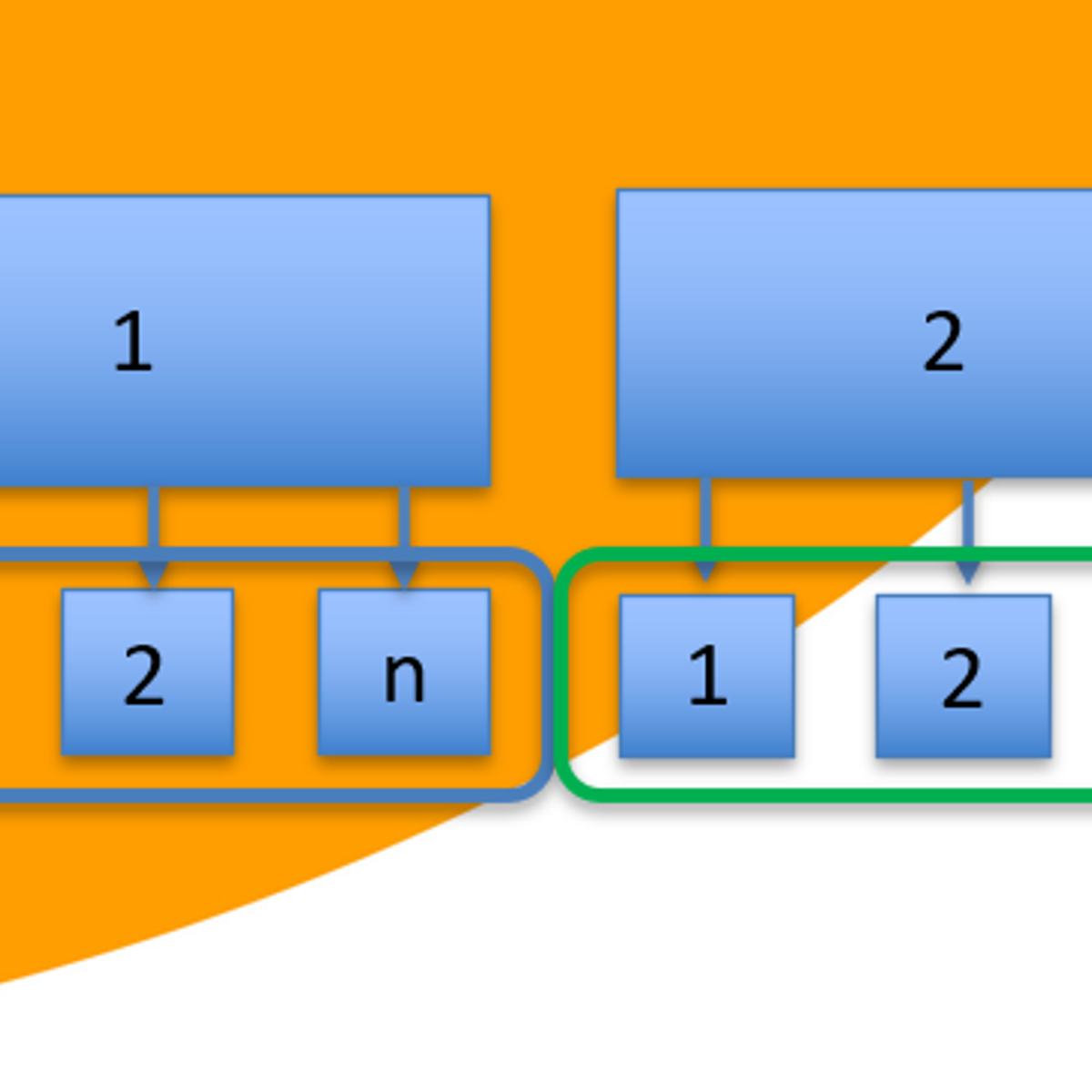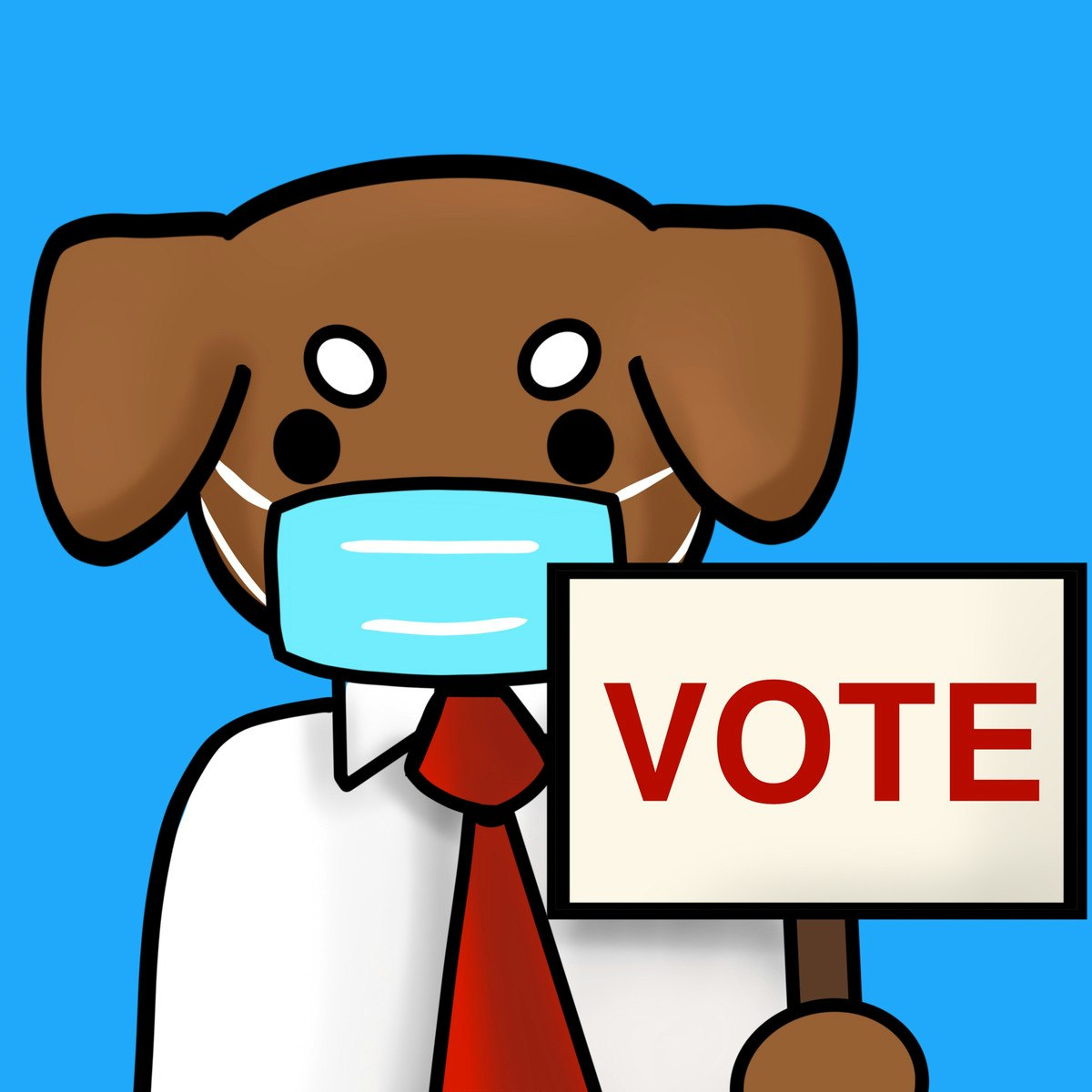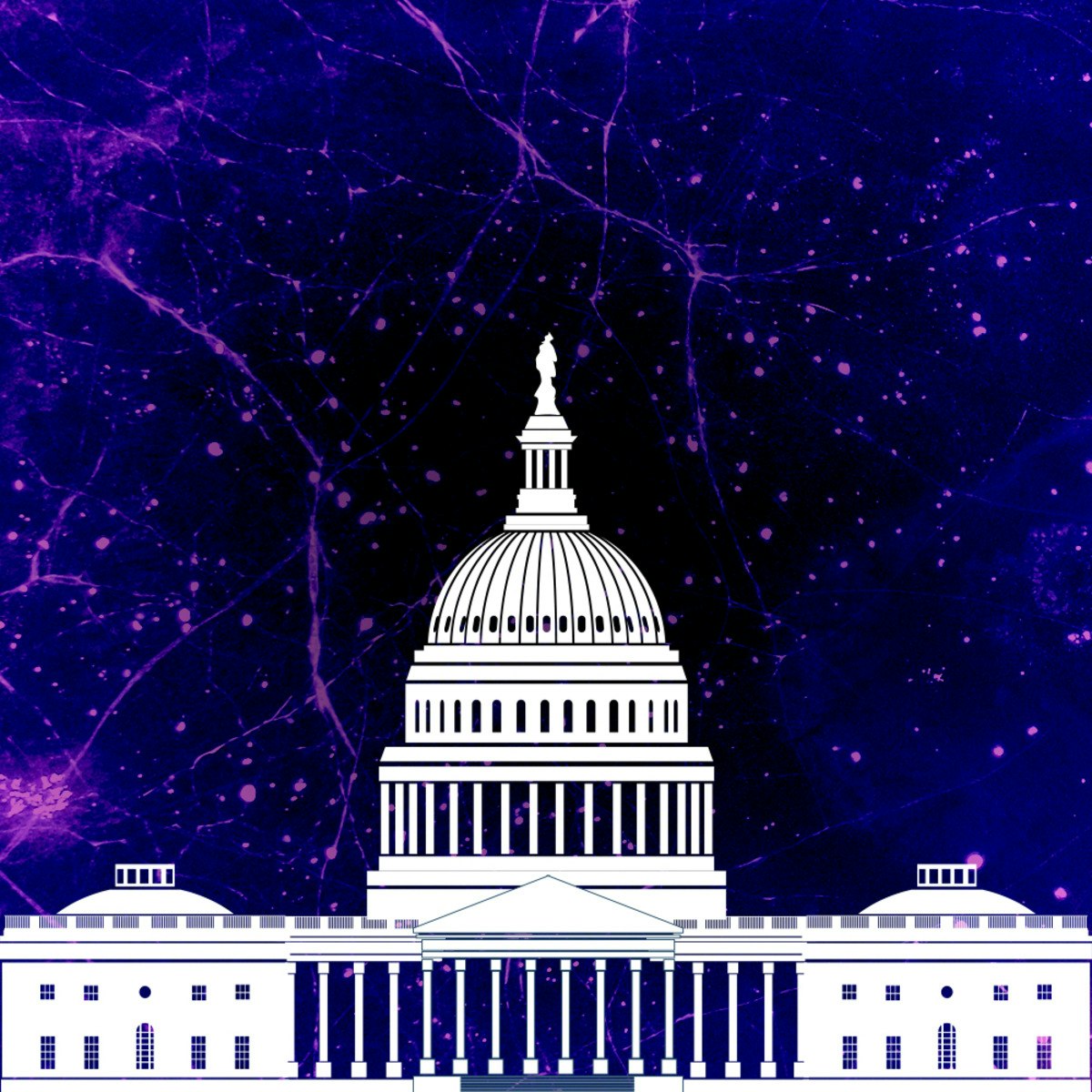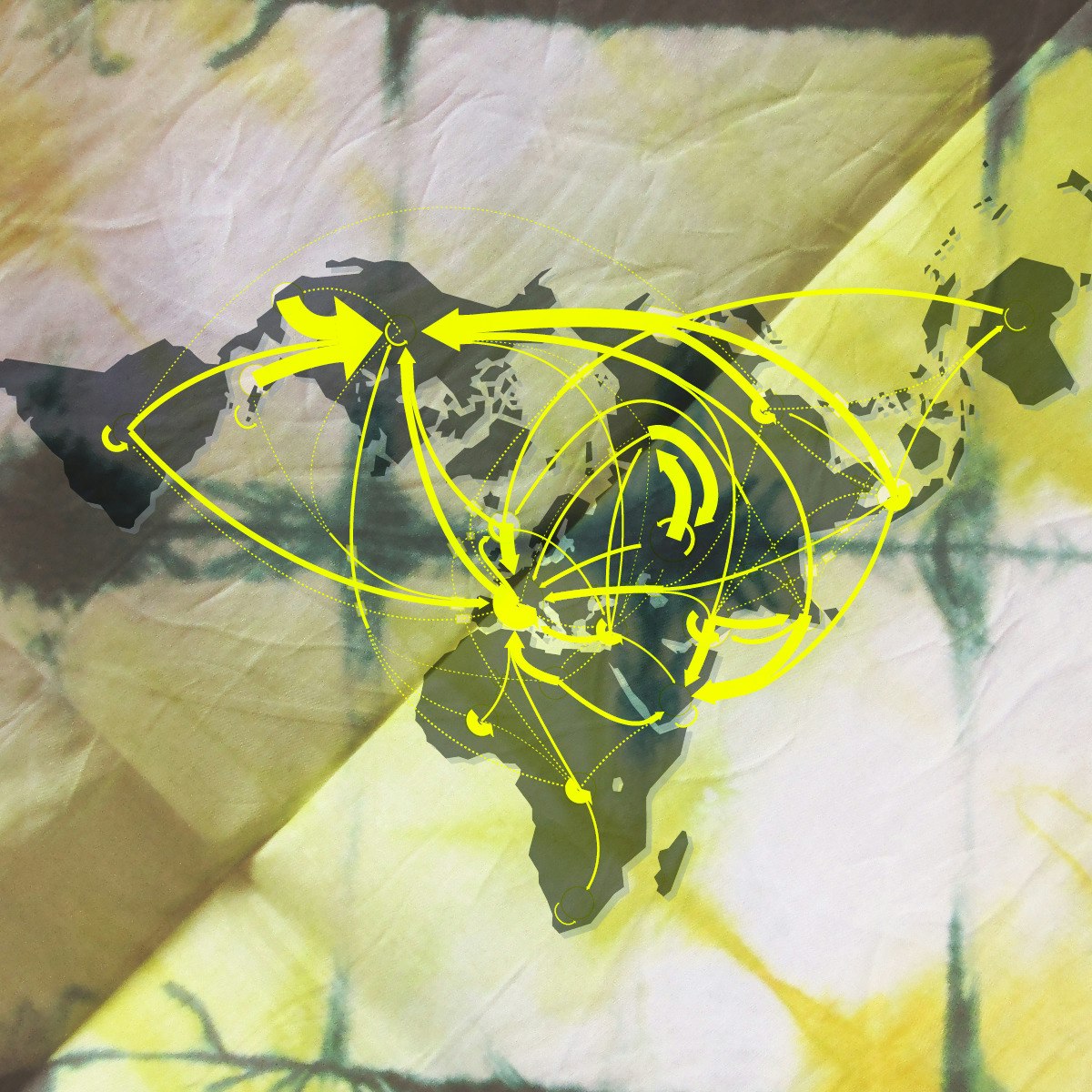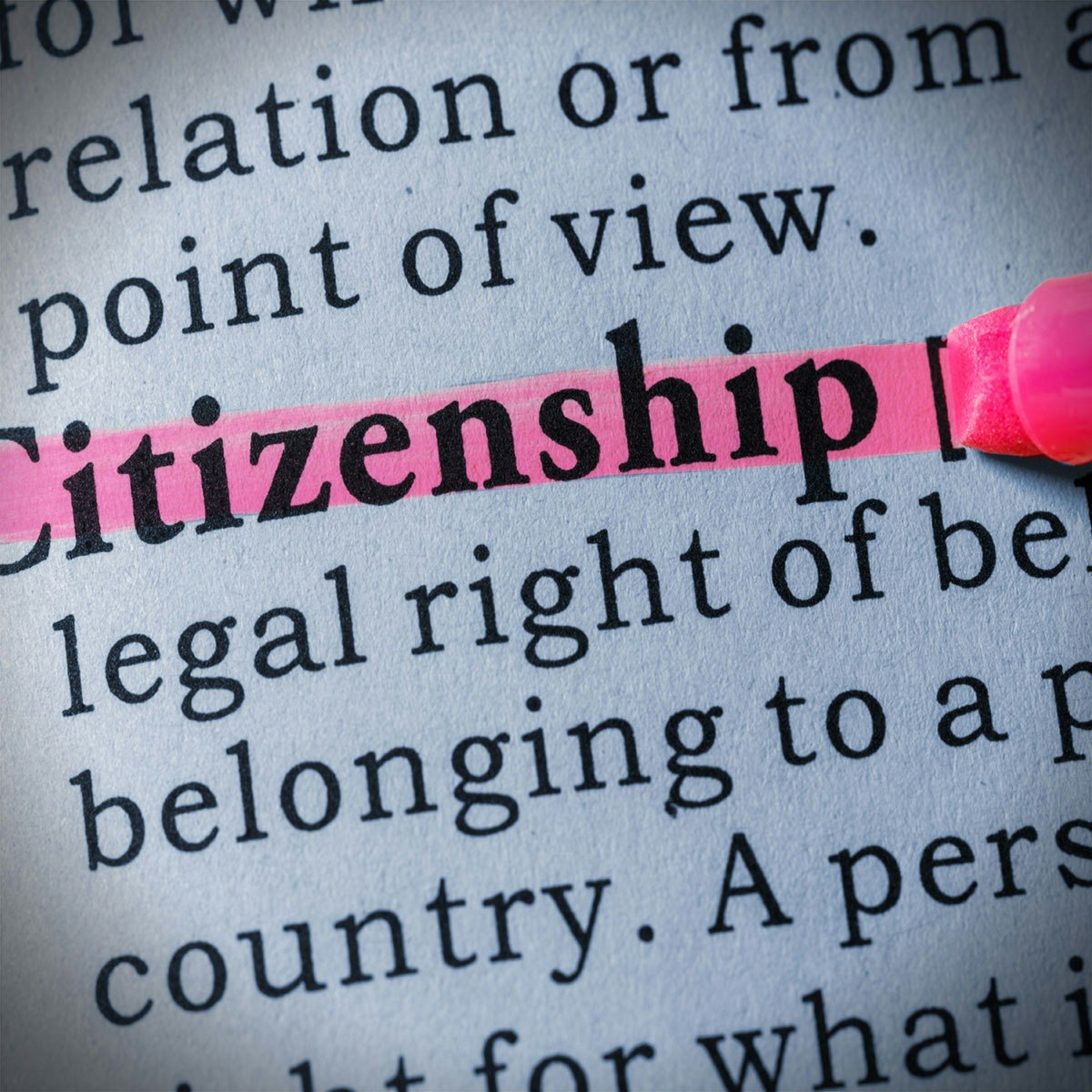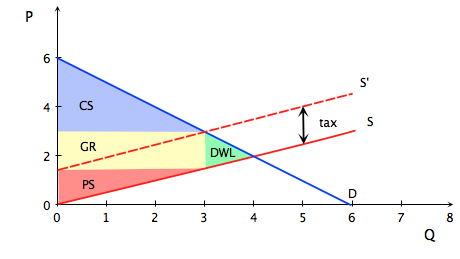Public Policy Analyst
Public Policy Analyst: Shaping Our World Through Analysis
Public policy analysis is the systematic evaluation of the technical and political implications of alternatives proposed to solve public problems. It involves identifying potential policy options, assessing their likely consequences, and comparing them against criteria like effectiveness, efficiency, and equity. At its core, it's about providing rigorous, evidence-based advice to decision-makers in government, non-profits, and even the private sector.
This field draws heavily from disciplines like economics, political science, sociology, statistics, and law. Public policy analysts dissect complex societal issues – from healthcare access and environmental protection to education reform and economic development – using quantitative and qualitative methods. They aim to understand the root causes of problems and forecast the outcomes of different interventions.
Working as a public policy analyst can be deeply engaging. You might find yourself modeling the economic impact of a new environmental regulation, interviewing community members about their needs for a public service, or drafting a report that directly influences legislative debate. The opportunity to contribute to meaningful societal change and tackle intellectually stimulating challenges makes this career path appealing to many.
The Role of a Public Policy Analyst
Understanding the day-to-day work and unique position of a public policy analyst is key to appreciating the career.
Key Responsibilities
A public policy analyst wears many hats. A primary responsibility is conducting research to understand the scope and nature of a public issue. This often involves gathering data from various sources, including government reports, academic studies, surveys, and interviews.
Data analysis is another critical function. Analysts use statistical software and methods to interpret data, identify trends, and model the potential effects of different policy options. They might assess a program's cost-effectiveness or predict how a legislative change could impact specific populations.
Communicating findings effectively is paramount. Analysts write reports, policy briefs, and memos summarizing their research and recommendations for diverse audiences, including elected officials, agency leaders, and the public. Stakeholder engagement, such as facilitating meetings or presenting findings, is also common, ensuring diverse perspectives inform the policy process.
These foundational courses provide insights into the political concepts and frameworks that shape policy analysis.
Distinguishing Analysts from Related Roles
While related, the role of a public policy analyst differs from that of an economist, lobbyist, or political scientist. Economists often focus more narrowly on economic theory and modeling, though their work heavily informs policy analysis, especially regarding efficiency and market impacts.
Lobbyists, on the other hand, advocate for specific interests or policy outcomes, attempting to persuade policymakers. While analysts may present evidence supporting a particular option, their primary role emphasizes objective analysis of *all* viable alternatives, rather than advocacy for one predetermined position.
Political scientists study political systems, behavior, and theory, often from an academic perspective. While policy analysts draw on political science principles, their focus is typically more applied, centered on solving specific, current public problems rather than developing broad political theories.
Impact on Legislation and Programs
The work of public policy analysts can have a profound impact. Their research and recommendations often form the evidence base for new laws, regulations, and government programs. By evaluating existing policies, analysts help determine if programs are achieving their intended goals and provide data for adjustments or reforms.
For example, an analyst's study on the effectiveness of a job training program could lead to increased funding or significant changes in its design. Similarly, analysis of environmental data might underpin new regulations on emissions standards. Their work aims to make public action more informed, effective, and accountable.
Understanding how policies are made and implemented is crucial for aspiring analysts. These resources delve into the mechanics of public policy and governance.
Formal Education Pathways
A solid educational foundation is typically necessary for a career in public policy analysis. Several academic routes can lead to this field.
Undergraduate Degrees
Many aspiring policy analysts begin with a bachelor's degree in fields like Political Science, Economics, Sociology, Public Administration, or Statistics. These programs provide foundational knowledge in government structures, economic principles, social theories, and quantitative reasoning – all crucial for policy work.
Coursework often includes introductions to American government, microeconomics and macroeconomics, research methods, and statistics. Strong writing and critical thinking skills, developed through humanities and social science courses, are also highly valued.
Some universities offer specific undergraduate degrees or concentrations in Public Policy, providing a more tailored introduction to the field early on. Regardless of the major, internships with government agencies, non-profits, or think tanks are highly recommended to gain practical experience.
These books provide a grounding in political science research methods and core concepts.
Graduate Programs and Research
While entry-level positions may be attainable with a bachelor's degree, a graduate degree is often preferred, and sometimes required, for advancement and more specialized roles. The most common degrees are the Master of Public Policy (MPP) and the Master of Public Administration (MPA).
MPP programs typically emphasize analytical skills, focusing on policy analysis, program evaluation, economics, and quantitative methods. MPA programs often focus more on management and implementation within public sector organizations, covering topics like leadership, budgeting, and human resources, but usually include analytical coursework as well.
For those interested in research or academic careers, a Ph.D. in Public Policy, Political Science, Economics, or a related field is the standard path. Doctoral programs involve advanced coursework, specialized research, and the completion of a dissertation contributing original knowledge to the field.
Relevant Coursework
Across undergraduate and graduate levels, key coursework for aspiring policy analysts includes:
- Statistics and Quantitative Methods: Essential for data analysis, modeling, and understanding research. Courses often cover regression analysis and statistical software like R or Stata.
- Economics: Microeconomics (understanding individual and firm behavior) and Macroeconomics (understanding broader economic trends) are fundamental. Public Finance, which examines government taxing and spending, is also highly relevant.
- Policy Analysis and Program Evaluation: Courses dedicated to the methodologies for assessing policy alternatives and measuring the effectiveness of existing programs.
- Research Methods: Covers both quantitative and qualitative approaches to designing studies, collecting data, and interpreting results.
- Ethics: Explores the moral dimensions of public policy and the responsibilities of analysts.
- Specific Policy Areas: Courses focusing on substantive areas like health policy, environmental policy, education policy, or urban policy allow for specialization.
Strong analytical and critical thinking skills are vital. Courses focusing on quantitative techniques can provide a solid foundation.
These books delve deeper into quantitative methods and their application in social sciences.
Online Learning and Skill Development
Beyond traditional degrees, online learning offers flexible and accessible ways to acquire or enhance skills relevant to public policy analysis, particularly for those changing careers or supplementing formal education.
Feasibility of Online Learning for Policy Skills
Online courses are highly suitable for building foundational knowledge and technical skills. Platforms like OpenCourser host courses from universities and institutions worldwide covering statistics, data analysis, economics, specific policy areas, and software proficiency (like R, Python, or data visualization tools).
While online learning excels at delivering structured content and technical training, it's important to recognize its limitations. Developing nuanced skills like stakeholder negotiation, navigating complex political environments, or writing persuasive policy memos often benefits from in-person interaction, mentorship, and real-world experience. However, online platforms can provide the essential building blocks.
Many professionals use online courses to upskill or pivot. For instance, someone with a background in social work might take online courses in statistics and program evaluation to transition into a policy analyst role focused on social services.
You can explore a wide range of relevant courses across different disciplines on OpenCourser's browse page.
Priority Topics for Online Study
For self-directed learners or career changers, prioritizing specific topics online can be effective:
- Data Analysis & Statistics: Courses covering foundational statistics, regression analysis, and software like R or Python are invaluable.
- Data Visualization: Learning to present data clearly using tools like Tableau or ggplot2 (in R) is a crucial communication skill.
- Economics: Refreshing or learning microeconomic and macroeconomic principles.
- Research Methods: Understanding study design, survey methods, and qualitative analysis.
- Policy Writing: Courses focusing on writing clear, concise, and persuasive policy briefs and reports.
- Specific Policy Areas: Diving into online courses on healthcare policy, environmental regulations, urban planning, or other areas of interest.
These courses offer introductions to data analysis and visualization tailored for public sector applications.
Balancing Online Courses with Hands-on Projects
Simply completing online courses is often not enough. Actively applying learned skills through hands-on projects is crucial for solidifying knowledge and demonstrating capability to potential employers. This could involve analyzing publicly available datasets (e.g., census data, government spending data) on a topic of interest.
Consider finding a local non-profit or community group that needs analytical help on a volunteer basis. You could also develop a portfolio of projects, such as writing a mock policy brief on a current issue or creating data visualizations for a local problem. This practical application bridges the gap between theoretical knowledge gained online and the applied skills needed in the workplace.
Platforms like OpenCourser can help you find relevant courses, and the "Activities" section on course pages sometimes suggests project ideas to supplement your learning. Building a portfolio and saving relevant courses to your list using the "Save to List" feature can help organize your learning journey.
Career Progression and Opportunities
A career in public policy analysis offers various pathways for growth and impact across different sectors.
Entry-Level Roles
Individuals typically enter the field in roles such as Research Assistant, Junior Analyst, Policy Assistant, or Legislative Aide. In these positions, responsibilities often include supporting senior analysts by gathering data, conducting literature reviews, performing basic statistical analysis, preparing charts and tables, and drafting sections of reports.
These roles provide valuable exposure to the policy process, research methodologies, and specific policy areas. They are crucial for building foundational skills and understanding the practical realities of policy work within an organization. A bachelor's degree is often the minimum requirement, though internships and relevant coursework strengthen candidacy.
Mid-Career Advancement
With experience and often a graduate degree (MPP or MPA), analysts can advance to roles like Policy Analyst, Senior Analyst, Program Evaluator, or Policy Advisor. Responsibilities become more independent and complex, involving designing research projects, conducting sophisticated quantitative and qualitative analysis, managing projects, writing substantial reports, and presenting findings to stakeholders or decision-makers.
At this stage, analysts often develop expertise in specific policy domains (e.g., health, education, environment). They may lead small teams, manage components of larger projects, and have more direct influence on policy recommendations. Strong analytical, communication, and project management skills are essential for success.
Leadership Positions
Experienced policy analysts can progress into leadership roles such as Program Director, Policy Director, Research Director, Chief of Staff, or senior positions within government agencies, non-profits, think tanks, or consulting firms. These roles often involve setting strategic direction, managing large teams and budgets, representing the organization externally, and providing high-level advice to executives or elected officials.
Leadership positions require not only deep policy expertise and analytical acumen but also strong management, strategic thinking, and communication skills. Many leaders in the field have extensive experience, advanced degrees, and a proven track record of impactful policy work. Cross-sector mobility is also common, with individuals moving between government, non-profit, and private sector roles throughout their careers.
Key Skills for Public Policy Analysts
Success in public policy analysis hinges on a blend of analytical, communication, and critical thinking abilities.
Quantitative Analysis and Software Proficiency
A strong foundation in quantitative analysis is often essential. This includes understanding statistical concepts, designing research methodologies, and interpreting data accurately. Proficiency in statistical software packages is highly valued.
Commonly used tools include R, Stata, SAS, or SPSS for statistical analysis, and sometimes Python for data manipulation and modeling. Familiarity with spreadsheet software like Excel for data organization and basic analysis is also standard.
Beyond running analyses, analysts must understand the assumptions and limitations of different methods to apply them appropriately and interpret results correctly. This ensures the evidence presented to policymakers is sound and reliable.
These courses provide introductions to econometrics and financial programming, which are key quantitative skills in policy analysis.
These books cover statistical methods relevant to the field.
Stakeholder Communication and Report Writing
Analysts must communicate complex information clearly and concisely to diverse audiences, including policymakers who may lack technical expertise, agency staff, stakeholders with varying interests, and the general public. Excellent writing skills are crucial for producing effective policy memos, briefs, reports, and presentations.
Verbal communication skills are also important for presenting findings, participating in meetings, and engaging with stakeholders. This involves actively listening to different perspectives, explaining technical concepts in accessible language, and facilitating constructive dialogue.
The ability to synthesize large amounts of information into actionable insights and recommendations is a hallmark of a skilled policy analyst. Visualization skills, using charts and graphs effectively, enhance communication.
This course focuses specifically on crafting policy briefs.
These books offer guidance on effective policy writing.
Systems Thinking and Ethical Decision-Making
Public problems are rarely simple; they often involve interconnected systems with feedback loops and unintended consequences. Systems thinking – the ability to understand how different parts of a system interact and influence each other over time – is a valuable skill for analysts. It helps anticipate the broader impacts of policy interventions.
Ethical considerations are woven into every stage of policy analysis. Analysts must strive for objectivity, acknowledge uncertainties and biases, handle data responsibly, and consider the equity implications of different policy options. Navigating potential conflicts of interest and ensuring transparency are also critical aspects of maintaining professional integrity and public trust.
Industries Employing Public Policy Analysts
Public policy analysts find opportunities across a wide range of sectors, reflecting the broad applicability of their skills.
Government Agencies and Legislative Bodies
The most traditional employers are government entities at the federal, state, and local levels. Analysts work within executive agencies (like Departments of Health, Education, or Environmental Protection) evaluating programs, analyzing regulatory impacts, and informing budget decisions. They also work for legislative bodies, supporting committees or individual lawmakers by researching proposed legislation and analyzing its potential effects.
Roles in government often involve deep engagement with the intricacies of public administration and the political process. According to the U.S. Bureau of Labor Statistics (BLS), government is a major employer for roles related to policy analysis, such as political scientists, though specific 'policy analyst' data may be categorized differently.
Working in government provides a direct avenue to influence public services and regulations affecting citizens' lives. It requires understanding bureaucratic structures and political dynamics.
These courses delve into governance structures and civic engagement within democratic systems.
Non-Profits and Think Tanks
Non-profit organizations, advocacy groups, and foundations employ policy analysts to research issues aligned with their missions, evaluate the impact of their programs, and advocate for policy changes. Think tanks – research organizations focused on public policy – are major employers, producing studies, reports, and commentary intended to influence policy debates.
Work in this sector often allows for specialization in specific issues like poverty reduction, human rights, or public health. Analysts may engage in research, advocacy, community outreach, and grant writing. Examples include organizations like the Brookings Institution or the Urban Institute.
International Organizations
International governmental organizations (IGOs) like the United Nations, World Bank, International Monetary Fund (IMF), and regional bodies (e.g., European Union) hire policy analysts to work on global issues. This can involve analyzing international development trends, evaluating aid programs, researching global health challenges, or assessing international economic policies.
These roles often require expertise in international relations, development economics, or specific global challenges, along with cross-cultural communication skills. Working for an IGO offers the chance to address issues on a global scale.
These courses provide insights into the work of international organizations and global challenges.
Private Sector Roles
Increasingly, private companies employ individuals with policy analysis skills. Large corporations, particularly in regulated industries like finance, energy, healthcare, and technology, hire analysts for government relations, regulatory affairs, or corporate social responsibility roles. They analyze how existing and proposed regulations affect the business, advise on compliance strategies, and sometimes engage with policymakers.
Consulting firms also hire policy analysts to provide expertise to government and private sector clients on policy-related projects. These roles require strong analytical skills combined with business acumen and the ability to work in fast-paced, client-driven environments.
Ethical Considerations in Policy Analysis
Navigating the ethical dimensions of public policy analysis is crucial for maintaining credibility and ensuring work serves the public interest.
Balancing Objectivity with Values
Policy analysis strives for objectivity, relying on data and rigorous methods. However, policy choices are inherently value-laden. Analysts must be transparent about the assumptions underlying their analysis and the criteria used for evaluation (e.g., prioritizing efficiency vs. equity).
While personal values might motivate an analyst's interest in a topic, the analysis itself should present evidence fairly and acknowledge alternative viewpoints or interpretations. Confusing objective analysis with personal advocacy can undermine credibility. The goal is to inform decision-makers comprehensively, not dictate a specific outcome based solely on personal beliefs.
Maintaining this balance requires self-awareness and a commitment to methodological rigor, even when findings contradict preconceived notions or preferred outcomes.
Handling Conflicts of Interest
Analysts may face potential conflicts of interest, particularly when working for organizations with specific agendas or funding sources. A conflict arises when personal interests (financial or otherwise) could potentially compromise, or appear to compromise, professional judgment and objectivity.
Transparency is key. Analysts should disclose any potential conflicts to their employers and clients. In some cases, recusal from specific projects may be necessary. Adhering to professional codes of ethics, often established by organizations like the Association for Public Policy Analysis and Management (APPAM), provides guidance.
Maintaining independence in analysis, regardless of the funder or employer's preferences, is paramount for ethical practice. This ensures that the analysis serves the public good rather than narrow interests.
Equity-Focused Policy Design
An increasingly important ethical consideration is the impact of policies on different population groups, particularly marginalized or disadvantaged communities. Equity-focused analysis explicitly considers how policy alternatives might affect fairness and justice, aiming to reduce disparities rather than exacerbate them.
This involves disaggregating data by race, gender, income, geography, and other relevant factors to understand differential impacts. It also requires engaging with affected communities to understand their perspectives and priorities. Analysts have an ethical responsibility to highlight potential equity concerns, even if not explicitly asked to do so.
Designing policies that are not only effective and efficient but also fair requires a conscious commitment to considering equity throughout the analysis process.
These courses touch upon concepts relevant to equity and social impact.
Challenges in Public Policy Analysis
The work of a public policy analyst, while rewarding, is not without its difficulties. Understanding these challenges helps set realistic expectations.
Navigating Political Polarization
In highly polarized political environments, objective analysis can be challenging to produce and even harder to get heard. Findings may be dismissed or distorted by political actors if they conflict with established narratives or partisan goals.
Analysts must remain committed to rigorous, unbiased research while also developing strategies to communicate effectively across political divides. This might involve carefully framing findings, anticipating objections, and building relationships with stakeholders from different perspectives.
The pressure to tailor analysis to fit political demands can be intense. Maintaining analytical integrity in such an environment requires resilience and a strong ethical compass.
Data Accessibility and Quality Issues
Effective policy analysis relies heavily on high-quality data. However, the necessary data may not always be available, accessible, or reliable. Data might be incomplete, outdated, collected inconsistently, or subject to privacy restrictions.
Analysts often spend significant time finding, cleaning, and validating data. They must be adept at working with imperfect information, acknowledging limitations, and employing appropriate statistical techniques to handle missing or uncertain data.
Sometimes, the lack of reliable data can severely constrain the types of analysis possible, forcing analysts to rely on qualitative methods or make carefully stated assumptions.
Communicating Complex Findings
Translating complex research findings and sophisticated statistical analyses into clear, understandable language for non-expert audiences (like policymakers or the public) is a persistent challenge. Overly technical reports may be ignored, while oversimplification can distort findings.
Analysts need strong writing and presentation skills, including the ability to use data visualization effectively. They must anticipate the audience's level of understanding and tailor communication accordingly, focusing on the key takeaways and policy implications without sacrificing accuracy.
Successfully bridging the gap between rigorous analysis and practical policy decisions requires mastering the art of clear communication.
This course offers insights into translating knowledge for policy purposes.
Emerging Trends in the Field
The field of public policy analysis is continually evolving, shaped by technological advancements, societal shifts, and new global challenges.
AI-Driven Policy Modeling Tools
Artificial intelligence (AI) and machine learning are beginning to influence policy analysis. These tools offer new capabilities for processing large datasets, identifying complex patterns, and developing predictive models for policy outcomes. For example, AI could be used to simulate the effects of traffic policies or predict disease outbreaks with greater speed and granularity.
AI also presents challenges, including concerns about algorithmic bias, transparency (the "black box" problem), and the potential for misuse. Analysts will increasingly need to understand AI capabilities and limitations, and integrate these tools ethically and effectively into their work.
Understanding bias in algorithms is becoming critical.
Globalization of Policy Challenges
Many pressing policy issues – climate change, pandemics, migration, cybersecurity, economic stability – transcend national borders. This requires analysts to adopt a more global perspective, understanding international interconnectedness and collaborating across countries.
Analyzing global trends, understanding international agreements and institutions, and assessing the cross-border impacts of domestic policies are becoming increasingly important skills. The demand for analysts with expertise in international relations and global policy is likely to grow.
These courses explore global dynamics and international relations.
Participatory Policymaking Platforms
There is a growing trend towards more inclusive and participatory approaches to policymaking. Technology enables new ways to engage citizens in policy debates, gather public input, and co-create solutions (e.g., through online platforms, crowdsourcing ideas, participatory budgeting).
Policy analysts may increasingly be involved in designing, managing, or analyzing data from these participatory processes. This requires skills in public engagement, qualitative data analysis, and understanding how to integrate diverse citizen perspectives into the formal policy process effectively.
The goal is to make policy more responsive, legitimate, and grounded in the lived experiences of the communities it affects.
Public Policy Analysis and Market Dynamics
Public policy decisions significantly shape economic activity and market behavior, creating a crucial link between policy analysis and market dynamics.
How Regulatory Changes Influence Industries
Government regulations – covering areas like environmental protection, labor standards, financial practices, and product safety – directly impact how industries operate. Policy analysts evaluate the potential economic consequences of proposed regulations, such as costs to businesses, effects on innovation, consumer prices, and market competition.
For example, new emissions standards can drive investment in green technologies but may also increase costs for certain manufacturers. Financial regulations can enhance stability but might affect lending availability. Understanding these complex interactions is vital for both policymakers and businesses navigating the regulatory landscape.
Analysts working in government or the private sector assess these impacts to inform regulatory design or corporate strategy.
Case Studies: Policy Impacts
Examining specific cases illustrates the connection. Carbon pricing mechanisms (like carbon taxes or cap-and-trade systems), analyzed extensively by policy experts, aim to reduce greenhouse gas emissions by making pollution more expensive. This influences energy markets by favoring lower-carbon sources and incentivizing energy efficiency.
Similarly, healthcare policies like the Affordable Care Act in the U.S. reshaped insurance markets, hospital operations, and pharmaceutical pricing. Analysts studied its effects on coverage rates, healthcare costs, and market competition. Analyzing such real-world examples helps understand the power and complexity of policy interventions in the economy.
These courses cover economic concepts relevant to policy impacts.
These books provide frameworks for understanding policy and economic interactions.
Policy Analysts as Corporate Strategists
Businesses increasingly recognize the strategic importance of understanding and engaging with public policy. Companies hire policy analysts or consultants to monitor the policy environment, assess risks and opportunities arising from potential government actions, and develop strategies to navigate regulations or advocate for favorable policies.
In this context, analysts apply their skills to understand how policy trends might affect market share, operational costs, supply chains, or corporate reputation. They help companies anticipate changes and adapt their business models accordingly, blurring the lines between traditional policy analysis and corporate strategy.
Frequently Asked Questions
Here are answers to some common questions about pursuing a career as a public policy analyst.
What is the average salary for entry-level roles?
Salaries for public policy analysts vary significantly based on location, sector (government, non-profit, private), education level, and specific responsibilities. Entry-level positions (e.g., Research Assistant, Junior Analyst) typically require a bachelor's degree.
While precise figures fluctuate, data from sources like the U.S. Bureau of Labor Statistics (BLS) Occupational Employment and Wage Statistics can provide related context (though "Policy Analyst" isn't always a distinct category, look at related fields like Political Scientists, Economists, or Urban Planners). Generally, entry-level salaries might range from $45,000 to $65,000, but this can be higher in major metropolitan areas or the private sector, and potentially lower in some non-profits or smaller government agencies. A Master's degree often leads to higher starting salaries.
It's advisable to research salary ranges specific to your geographic region and target sector using resources like BLS, salary comparison websites, and informational interviews.
Can I transition from a non-political science background?
Absolutely. While political science and economics are common backgrounds, public policy analysis is interdisciplinary. Individuals successfully transition from fields like sociology, law, journalism, social work, public health, environmental science, engineering, and even the humanities.
The key is demonstrating the core competencies: strong analytical and quantitative skills, excellent writing and communication abilities, critical thinking, and an understanding of policy processes. Relevant skills can often be highlighted from previous experience.
Supplementing your background with targeted coursework (potentially through online learning via platforms like OpenCourser), gaining relevant volunteer or project experience, and networking within the policy community can significantly aid the transition. Emphasize transferable skills on your resume and in interviews.
How does this role differ internationally?
While the core function of analyzing policy alternatives remains similar, the specifics of the role can vary significantly between countries. Differences in political systems, government structures, policy priorities, cultural contexts, and data availability all shape the work.
For example, policy analysts in parliamentary systems might interact more directly with ministry staff, while those in federal systems navigate complex intergovernmental relations. The specific policy issues at the forefront also differ – developing nations might focus more on basic infrastructure and poverty reduction, while others grapple with aging populations or technological disruption.
Understanding the specific political and institutional context of a country is crucial for effective policy analysis there. International organizations like the World Bank or UN offer roles with a global or regional focus.
These courses compare political systems and governance across different contexts.
Is remote work common in this field?
The prevalence of remote work for policy analysts has increased, mirroring trends in many professional fields, particularly since 2020. However, the extent varies by employer and role type. Fully remote positions exist, especially in research-intensive roles at think tanks or some consulting firms.
Government roles often require at least some in-person presence due to the nature of collaboration, stakeholder meetings, and access to sensitive information. Hybrid models, combining remote work with some office days, are becoming increasingly common across sectors.
Factors influencing remote work availability include the organization's culture, the specific tasks involved (e.g., roles requiring frequent legislative interaction vs. independent data analysis), and security requirements. Job seekers interested in remote work should look for postings explicitly stating remote options.
What certifications enhance employability?
Unlike fields such as finance (CFA) or project management (PMP), public policy analysis generally does not have widely recognized, standard certifications that significantly boost employability in the same way. Formal education (Bachelor's, Master's, PhD) and demonstrated experience are typically more valued.
However, certifications in specific technical skills can be beneficial. This might include certifications related to data analysis software (e.g., SAS, Tableau), specific methodologies (e.g., program evaluation credentials from relevant associations), or specialized areas like cybersecurity policy or public finance management, depending on the desired niche.
Ultimately, a strong portfolio of analytical work, relevant educational credentials, and demonstrable skills in research, writing, and communication are the primary drivers of employability.
How is AI changing policy analysis?
AI is poised to change policy analysis significantly, acting as both a tool and a subject of policy itself. As a tool, AI can automate data processing, enhance predictive modeling, identify complex patterns invisible to traditional methods, and potentially personalize public service delivery.
However, its use raises critical policy questions regarding ethics, bias, transparency, accountability, job displacement, and privacy. Analysts are needed not only to *use* AI tools but also to *analyze* the societal impacts of AI and develop governance frameworks for its responsible deployment.
Analysts will need to develop AI literacy – understanding its capabilities and limitations – and potentially acquire skills in working with AI tools or managing AI projects. The field will likely see growing demand for analysts specializing in technology policy and the ethical governance of AI.
Embarking on a career as a public policy analyst offers a path to engage with critical societal issues and contribute to informed decision-making. While demanding rigorous analytical skills, strong communication abilities, and ethical awareness, it provides intellectually stimulating work with the potential for significant impact. Whether through formal education or supplementary online learning, developing the core competencies and gaining practical experience can open doors to this rewarding field.









